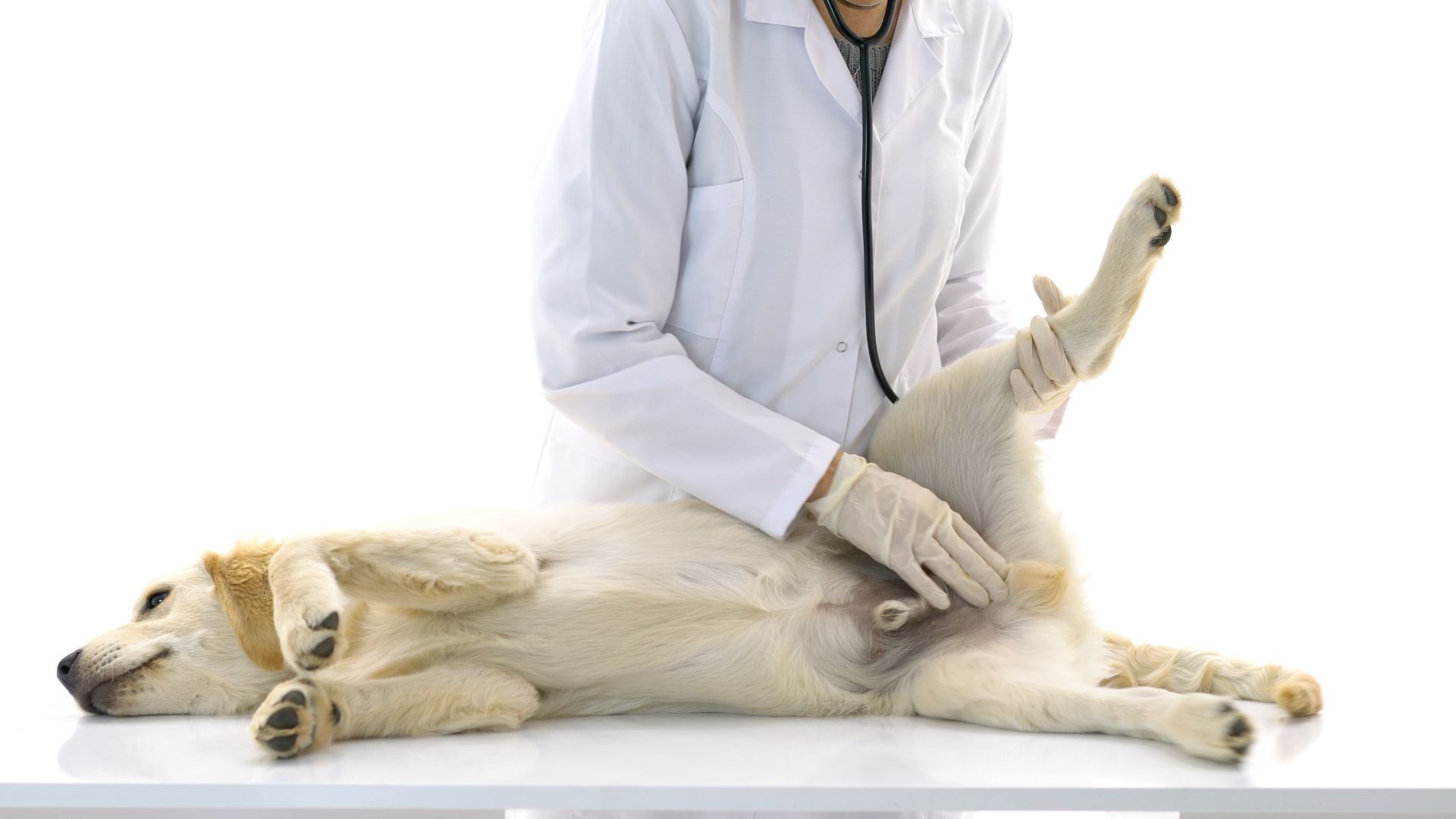Pet Paraphimosis and Other Animal Reproductive Health Issues

Animal reproductive health is important, and understanding all your pet’s parts is an important component of good animal care. Curem Veterinary Care knows how serious paraphimosis in pets can be, and we want you to understand what it is to get it properly treated.
Recognizing Paraphimosis in Pets
Paraphimosis is a condition in which the penis, normally housed safe and sound inside the external sheath except while in use, is stuck out for an extended time.
Biologically, when a dog ejaculates, the bulbourethral glands at the base of the penis engorge and keep the penis extruded for about 20-30 minutes. This results in the characteristic “tie” that you might have seen between two mating dogs. Those bulbourethral glands are also guilty of making many a pet owner wonder if their male dog was, in fact, neutered as promised.
When the penis remains extended out of the sheath for over two hours, it is considered paraphimosis. This condition can be quite painful, and is thus considered a pet emergency. If the penis remains out too long, it can become dry and irritated, and might even experience compromised circulation.
Sometimes manual replacement back into the sheath is required. Sedation, lubricant, and sometimes surgical assistance may be necessary. Ultimately, though, identifying the underlying cause of the paraphimosis is important. We may see pets experience this problem due to:
- Foreign material in the sheath (often hair)
- Rolling of the edges of the sheath
- Mating problems
- Infection
- Trauma
- Weak muscles
- Neoplasia
- Neurologic disease
Contact us right away if your pet is having trouble retracting his penis back to safety.
Other Animal Genitalia Problems You Should Know About
Paraphimosis in pets is not the only animal reproductive health issue of which pet owners should be aware. Other conditions involving the nether regions of your family friend can include:
- Phimosis (the inability of the penis to exit the sheath)
- Testicular torsion (twisting of the spermatic cord of the testicle)
- Testicular tumors
- Urethral prolapse (most often seen in Bulldogs)
- Painful urination in pets (usually due to infection or urinary stones)
- Urinary obstruction (most often diagnosed in cats)
- Vaginal prolapse
- Pyometra (infection of the uterus)
All your pet’s parts need care, and the team at Curem is here to help you with that. Don’t hesitate to contact us if you think your pet might have a reproductive health issue. Many of these problems can be quite serious, and there is no need to wait.
